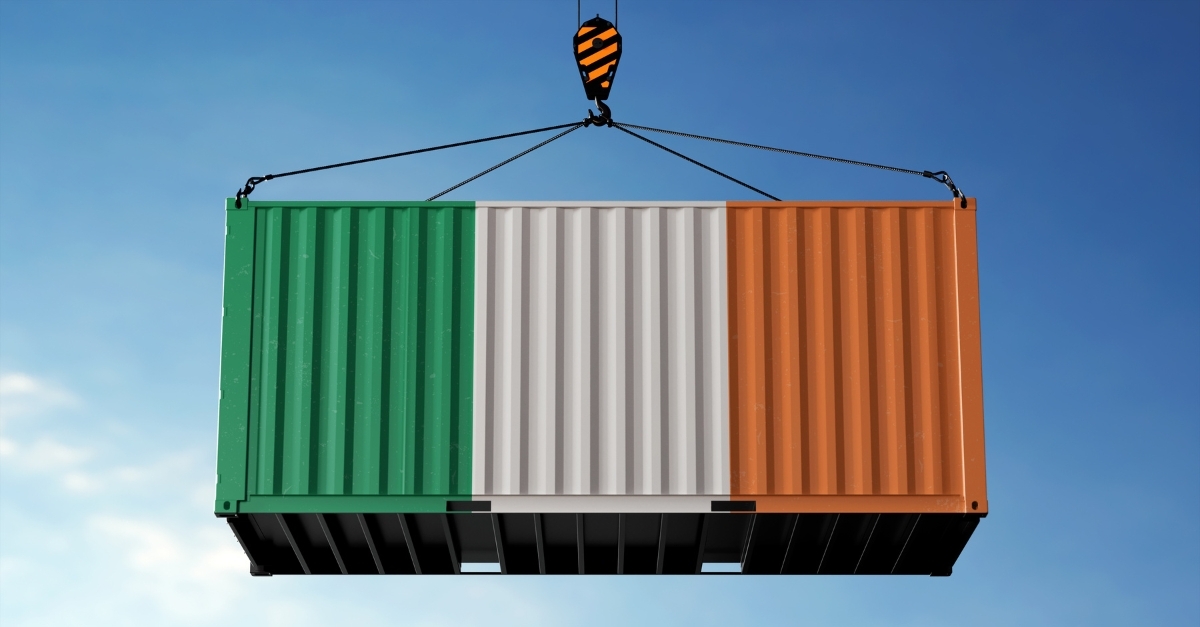Donald Trumps' tariffs policy seems to be a curious case of lose/lose. Either he succeeds in his goal of repatriating jobs back to the US and prices for US consumers go up, because of increases in production costs driven largely by higher wages in the US, or he doesn't, in which case US prices go up because of the tariffs imposed.
Whatever self-inflicted pain results from the policy though, there will be damaging consequences for the rest of the world. That said, not all countries will suffer equally. In Spain, for example, where exports to the US account for barely 1% of GDP, the impact will be modest. Elsewhere, in countries where the exports are more significant, there will be more concern.
China and the EU
The US is the largest importer of goods in the world, and Trump has in his sights those economies where US exports are significantly lower, creating an adverse US trade balance. That means China and the EU.
The trade deficit is largest for China. The US imports £279bn more then it exports to China. The next target on his list is the EU, where the trade deficit stands at $208bn.
Drilling down on that EU figure, there are really 3 economies that should be most concerned. The first, Germany, is unsurprising. In 2023, German exports to the US stood at $144bn, while imports from the US were only $87bn, a trade deficit of $57bn. The German car industry will be most affected, but the issue is there across the entire manufacturing sector.
The imbalance is smaller but starker for Italy, where exports to the US at $65bn are $41bn greater than imports -- a massive proportional imbalance.
Concern for Ireland
But the government that will be most worried about how to manage the impact of the tariffs policy, will be Ireland. A relatively small economy, it manages to have the second largest trade deficit of the EU countries. Led by pharmaceuticals exports, from US multinationals based in Ireland, selling back into the US, the deficit stands at $50bn. Ireland has been consistently highlighted by Trump, and because of the relative size of the trade imbalance compared to the size of the economy, it is highly exposed.
The UK, on the other hand, has a relatively balanced trading relationship with the US, with exports to the US at $60.4bn only just outstripping imports from the US at $57.9bn. While that probably means that the UK is not high on Trump's list of bad guy economies, it does not mean that the UK has nothing to fear. The US is the UK's largest export market, and so any impact of tariffs will be felt by the economy as a whole. UK luxury car manufacturers, for example, will be particularly worried. The likes of Aston Martin, Bentley, Maclaren and even Jaguar Land Rover, have significant exports to the US, and tariffs will be felt acutely.
Check out Alan's 4-hour CPD course 'Economics Every Accountant Should Know' here!

You need to sign in or register before you can add a contribution.